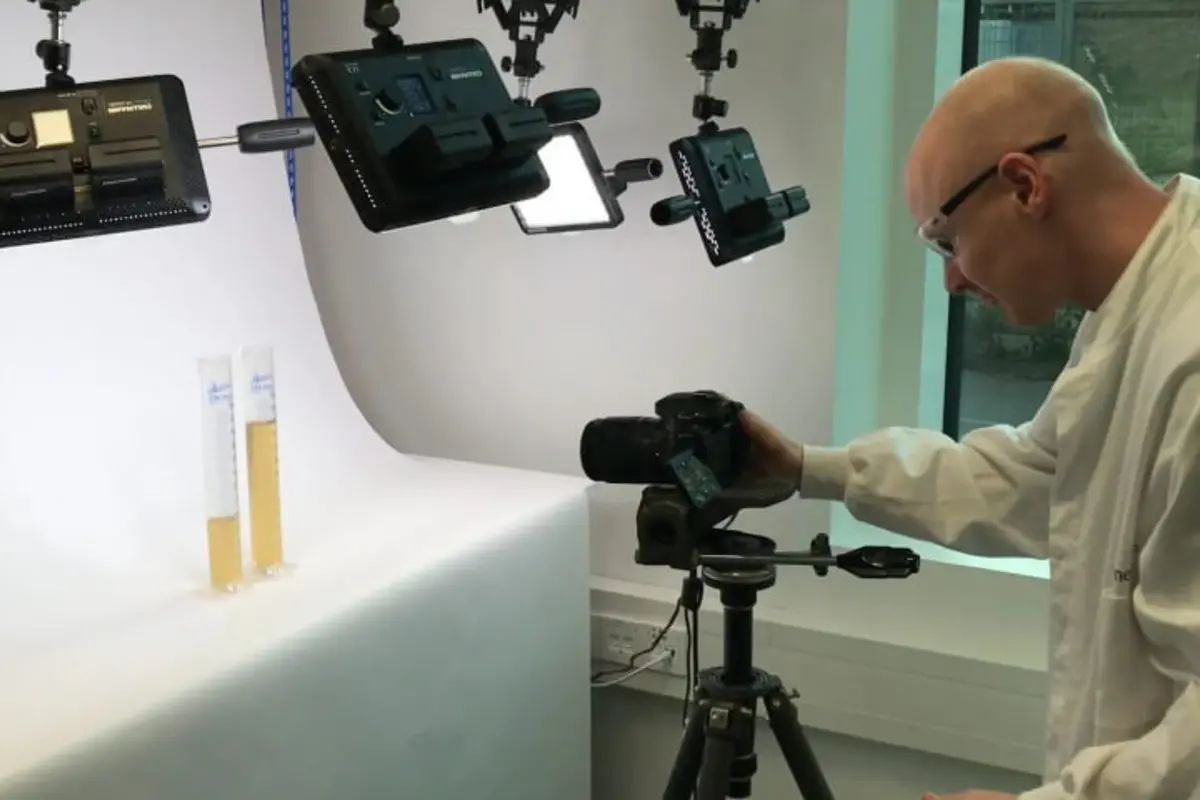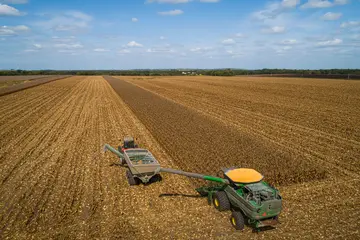Case study
Challenge: The “traditional” beta-glucanase a regional brewer was using was keeping its wort and beer filtration process from being as efficient as it could be. Because beta-glucans and arabinoxylans create high wort viscosity, they dramatically reduce mash filtration speed – sticking to filter aids and filter membranes.
Solution: By using Ultraflo® Max, the brewer was able to increase the amount of malt used. This allowed an increase of one Plato degree (1°P) in the process, improving yield and increasing productivity. Likewise, the brewer reduced rankings by 15%, allowing better performance in the lauter.
Location: Americas



